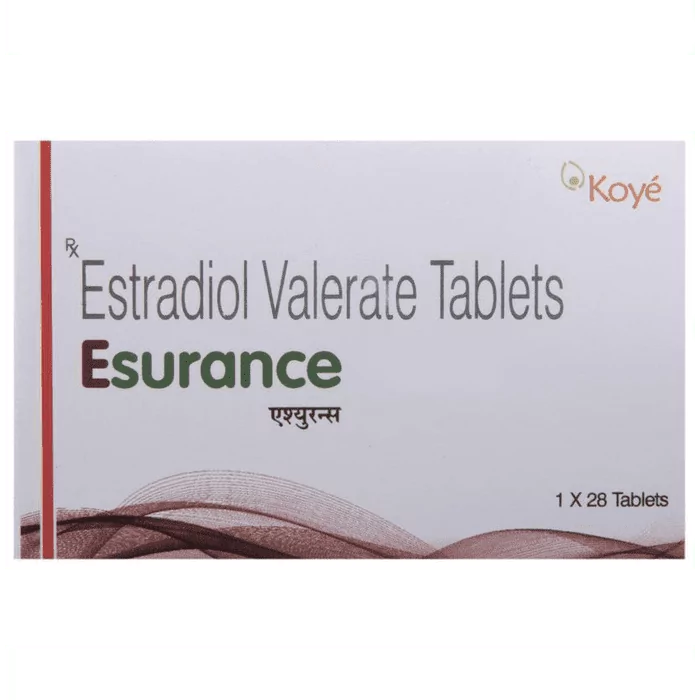Menopause is a transitional stage in women’s lives, marked by hormonal changes that can cause various symptoms.
However, with the changes accompanying this natural process, questions like ‘Can you get pregnant while in Menopause’ may arise.
Despite what is commonly believed, Menopause does not always indicate complete infertility.
In fact, during the initial stages of Menopause, known as Perimenopause, conception can still occur.
This article explores the possibility of pregnancy in Menopause and Menopause pregnancy tests.
Can You Get Pregnant While in Menopause
During Menopause, a woman’s reproductive system undergoes significant changes, leading to a decline in fertility.
It is possible to become pregnant during Menopause, especially during Perimenopause.
Perimenopause is a stage leading up to Menopause.
During this time, hormonal changes can still support ovulation and fertilization.
However, the chances of pregnancy decrease significantly as Menopause advances and ovulation stops entirely in Postmenopause.
Consulting with a doctor for personalized guidance on fertility and contraception is advisable for women managing the complexities of Menopause.
Are you wondering if it’s possible to become pregnant after Menopause? Read Exploring the Myth: Can You Get Pregnant After Menopause?
Save up to 90% on your medicine bills

Progynova 2 mg

Oestrogel 2.5 gm / 1.5 mg

Estrabet 2 Tablet

Esurance Tablet
Signs of Pregnancy After Menopause
 Source: Stojanovic_from_Getty_Images
Source: Stojanovic_from_Getty_ImagesExperiencing signs of pregnancy after Menopause can be confusing.
However, it’s important to recognize the small differences between Menopausal symptoms and those of pregnancy.
Common signs of pregnancy after Menopause include missed periods, Nausea, breast tenderness, and fatigue.
Some women may also notice changes in their appetite or mood swings.
Consulting a doctor for proper evaluation and diagnosis is essential.
Understanding these signs can help manage the complexities of pregnancy after Menopause with clarity and confidence.
If you want to learn how Menopause and pregnancy differ from one another, read Pregnancy vs Menopause: Analyzing the Difference
Menopause Pregnancy Tests
During Menopause, accurate pregnancy testing is crucial for timely and appropriate healthcare decisions.
Two common methods for pregnancy testing during Menopause include urine-based and blood-based tests.
Urine-based tests, readily available over the counter, detect the presence of the Human Chorionic Gonadotropin (hCG) hormone.
In contrast, blood-based tests provide more sensitive results by measuring hCG levels directly in the bloodstream.
It’s important to note that Menopause can affect hormone levels, potentially impacting test accuracy.
It is recommended to consult a doctor to ensure reliability and informed decision-making regarding pregnancy during Menopause.
Conclusion
Can you get pregnant while in Menopause?’ is a very common question since every woman undergoes Menopause.
The probability of conception during Menopause depends on hormone levels and the presence of viable eggs.
Common pregnancy symptoms during Menopause include missed periods, Nausea, breast tenderness, fatigue, changes in appetite, and mood swings.
Hormone-based tests, designed to detect specific markers indicative of pregnancy, offer higher accuracy during Menopause.
Women managing the complexities of Menopause should consult with a doctor for personalized guidance on fertility and contraception.

Frequently Asked Questions
How often does Menopause cause a positive pregnancy test?
Menopause rarely causes a positive pregnancy test.
During Menopause, hormone levels fluctuate, which can sometimes trigger false positive results.
However, if pregnancy is suspected, consulting a doctor is essential for accurate diagnosis and appropriate management.
Testing at the right time in the menstrual cycle increases accuracy.
Can hormonal changes during Menopause lead to pregnancy?
Yes, hormonal changes during Menopause can still lead to pregnancy, particularly during Perimenopause when ovulation may still occur irregularly.
Hormonal fluctuations can sometimes cause unexpected ovulation, increasing the risk of pregnancy.
It’s important to use contraception until Menopause is confirmed to avoid unintended pregnancies.
What birth control methods are recommended during Menopause to prevent pregnancy?
During Menopause, barrier methods like condoms and diaphragms are commonly recommended for preventing pregnancy.
Hormonal contraceptives such as birth control pills or patches may also be suitable.
Consulting a doctor is advisable to determine the most appropriate birth control method based on individual health and preferences.
Can fertility treatments help women get pregnant during Menopause?
Yes, fertility treatments like In Vitro Fertilization (IVF) can assist women in getting pregnant during Menopause by using donated eggs.
However, success rates may vary, and it’s essential to consult with a fertility specialist to determine the most suitable options based on individual health factors and circumstances.
Are there any natural ways to increase fertility during Menopause?
While fertility naturally declines during Menopause, some lifestyle changes may support overall reproductive health.
These include maintaining a healthy weight, consuming a balanced diet, staying physically active and avoiding harmful substances like tobacco and excessive alcohol.
Cheap Medicine Shop only refers to credible, authoritative sources for our content. If you’re curious about how we ensure the integrity of our content, we encourage you to read our Content Information Policy.














